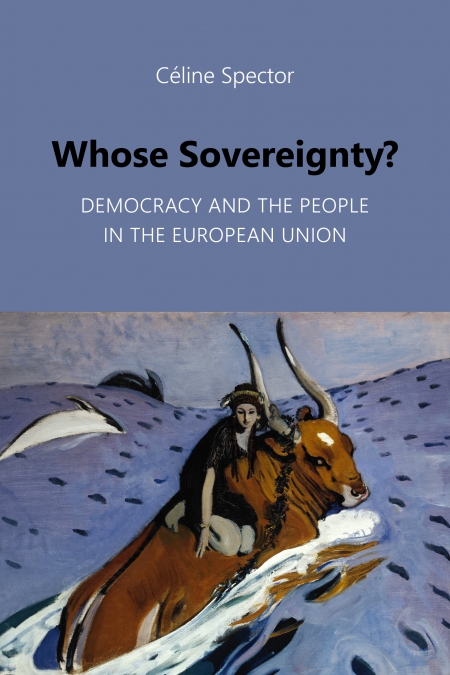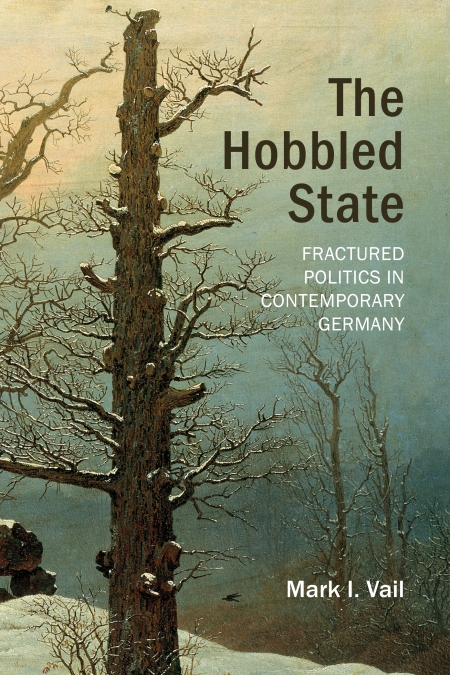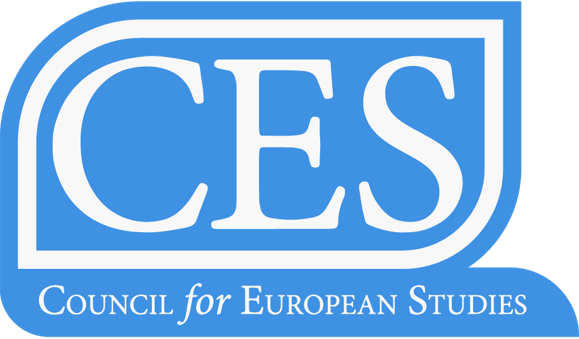CES publishes a book series focused on contemporary Europe in collaboration with Agenda Publishing. In support of CES’s mission to produce, support, and recognize outstanding, multi-disciplinary research on Europe through a wide range of programs and initiatives, the book series publishes scholarly research on all aspects of European Studies. Under the editorial guidance of Professor Mark Vail, the series mirrors CES’s commitment to supporting research that plays a critical role in understanding contemporary Europe, its nation-states, institutions, and societies.
The books in the series consist of both authored and edited books that contribute to our understanding of contemporary Europe, its nation-states, institutions, and societies. Multidisciplinary and inclusive, the series will publish important and challenging work from established and new scholars alike.
Editor in Chief: Mark Vail, Wake Forest University
Editorial Board
Jean Beaman, The Graduate Center, CUNY
Sara De Jong, University of York, UK
Chris Howell, Oberlin College
Thomas Oatley, Tulane University
Kaija Schilde, Boston University
Sarah Wiliarty, Wesleyan University
The editorial team is actively soliciting new projects for the series. We offer unrivalled editorial support to experienced and first-time authors and editors, starting with the proposal process. Before submitting an outline, we would encourage you to contact one of the editors involved with the series to discuss your ideas and the project.
We will consider carefully curated edited collections that bring together the expertise of specialists to engage with issues in depth and with breadth. It is important that such a collection meet a high standard and that the contributors be engaged in the broader aims of the book. We can advise on how to achieve this, if you are new to book editing, or discuss options, if you are not. Topics that are of interest include and are not limited to:
- The legacy of Europe’s colonial past
- Ideology and economic crisis
- Security and international relations (with the US, Russia, China etc.)
- Trade
- Social and economic inequality
- Race, ethnicity, and (im)migration
- Identity
- Labour and industrial relations
- Gender and women in European politics
If you are interested in submitting a proposal to us for consideration or in discussing an idea that you might be interested in developing, then please contact Alison Howson (alison.howson@agendapub.com), publisher at Agenda, in the first instance, who will be pleased to answer any questions you might have about the series and advise you on how to approach the proposal and publishing process and who would be best to help you with the project from our team.
Books in the Series

Whose Sovereignty?: Democracy and the People in the European Union (March 2026)
By Céline Spector
This carefully argued case for a federal Europe proposes that national sovereignty has become increasingly untenable as mechanisms perpetuating fiscal, social, and environmental inequities transcend borders. Rather than lamenting the decline of direct democracy, Spector advocates for a democratized European Union that could redefine popular sovereignty and protect human rights.

The Hobbled State: Fractured Politics in Contemporary Germany (December 2025).
By Mark Vail
In this timely interrogation of the German state, Mark Vail traces Germany’s reluctant embrace of power from nineteenth-century industrialization and state formation to its current self-re-examination and reconsideration of national identity and international responsibility.

The New Politics of Nationalism in Contemporary Europe (September 2025)
Edited by Gregory C Baldi
This book brings together experts to analyse nine countries that contribute specific aspects to the study of nationalism in Europe.

Heralds of a Democratic Europe: Representation Without Politicization in the European Community, 1948-69 (August 2024)
By Koren van Zon
The received wisdom in European integration history is that, long before the EU was plagued by Euroscepticism and other forms of contestation, there was a “permissive consensus” between European elites and the general public, which allowed European integration to move forward. This book looks beyond this presumed consensus, to ask how the members of European institutions themselves perceived and shaped their relations with European citizens during the early years of the European Communities.

Owning the City: Property Rights in Authoritarian Regimes (July 2022)
By Marsha McGraw Olice
Competition between democratic and authoritarian systems is playing out in global cities, where real property rights influence regime legitimacy and economic performance. Two questions inspire debate. Why does the property-owning middle class, which was integral to democratic development in the West, support illiberal governments? Do differences between political systems affect the success of global cities?

European Studies: Past, Present and Future (April 2020)
By Erik Jones
In commemoration of the founding of the Council fifty years ago, this volume brings together some of the most influential Europeanists writing today to take stock of the subject and to consider the most fruitful avenues for future research. With European democracy seemingly under threat from populism on the left and the right, the economies of countries still struggling to emerge from a decade of recession and stagnating growth, environmental concerns paramount and the quest for social cohesion a distant goal, the contributors to this volume bring their insight to bear on the fertile ground that the EU and the continent more broadly offer researchers.
